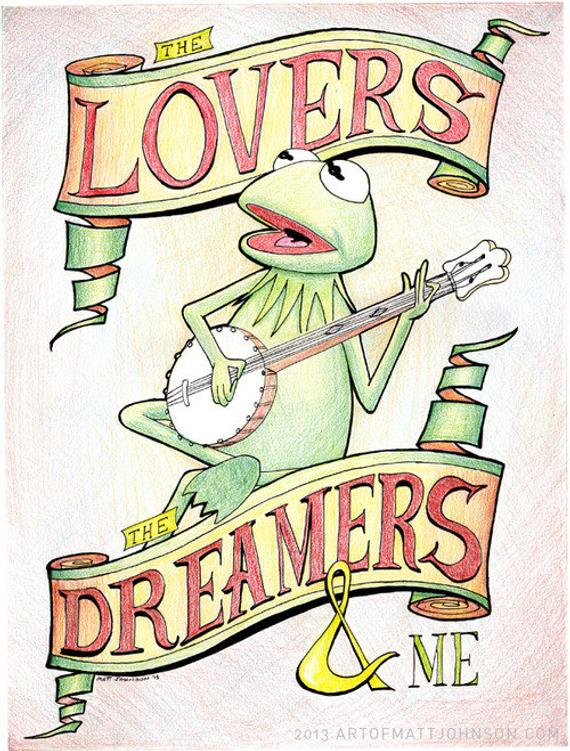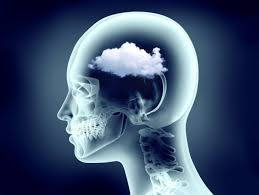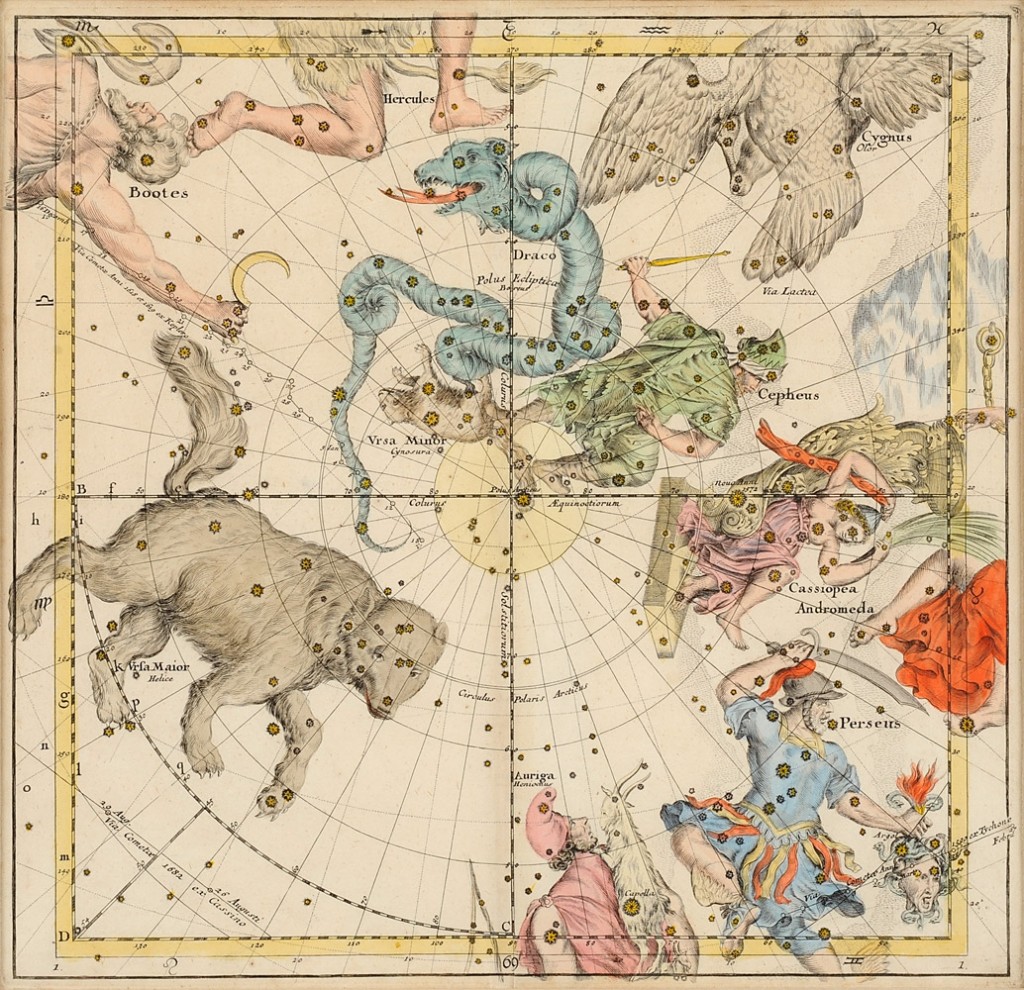Pretty much anyone who accuses people of the crime of ‘biological essentialism’:
- is not opposed to essentialism, but is opposed to any sort of essentialism that relocates essences away from abstract social construct nouns, and towards metaphorical interpretations of actual biology
- is expressing a specific beef with evolutionary biology, that works in pairs of verbally-defined phenotypes and hypothetical genotypes that form speculative Darwinian propositions of the form, “Hypothetical genotype X for phenotype essence Y was caused by imagined evolutionary selection mechanism Z”. This is particularly the case with evolutionary psychology.
Very few phenotypes, and no complex behavioral phenotypes, have a clear monogenic genetic basis. What we have are statistical signals of correlations, but this sidesteps the fundamental issue that we decoded the genome, and we realized that the complexity of its execution is beyond our ability to comprehend it. Evolutionary biologists keep carrying on as if this never happened.
The evolutionary biologist steelman position is to say that most phenotypes are polygenic (i.e. gene networks), and that phenotypes follow some sort of Gaussian distribution that prevents us from directly testing causality. A lot of these theories wind up as unfalsifiable conjectures that have become a sort of clerical canon embedded inside biology.
I don’t believe in magical Hegelian social constructs, and I don’t believe in evolutionary causal claims just because they are posited in the Darwinian propositional form, and I don’t believe in claims made from spurious correlations discovered in datasets whose properties are not properly understood. I do believe that the ancient archetypes were telling us something about the brain.



